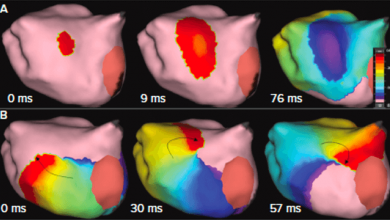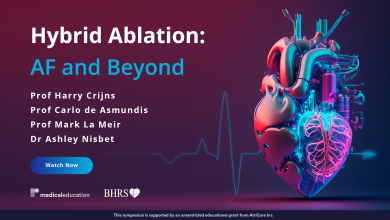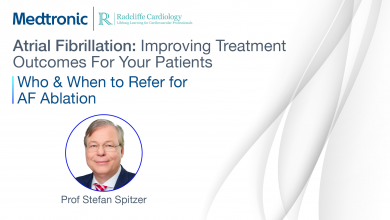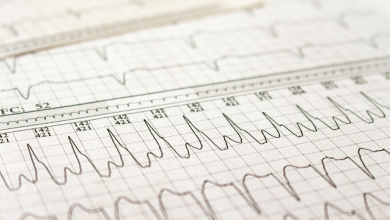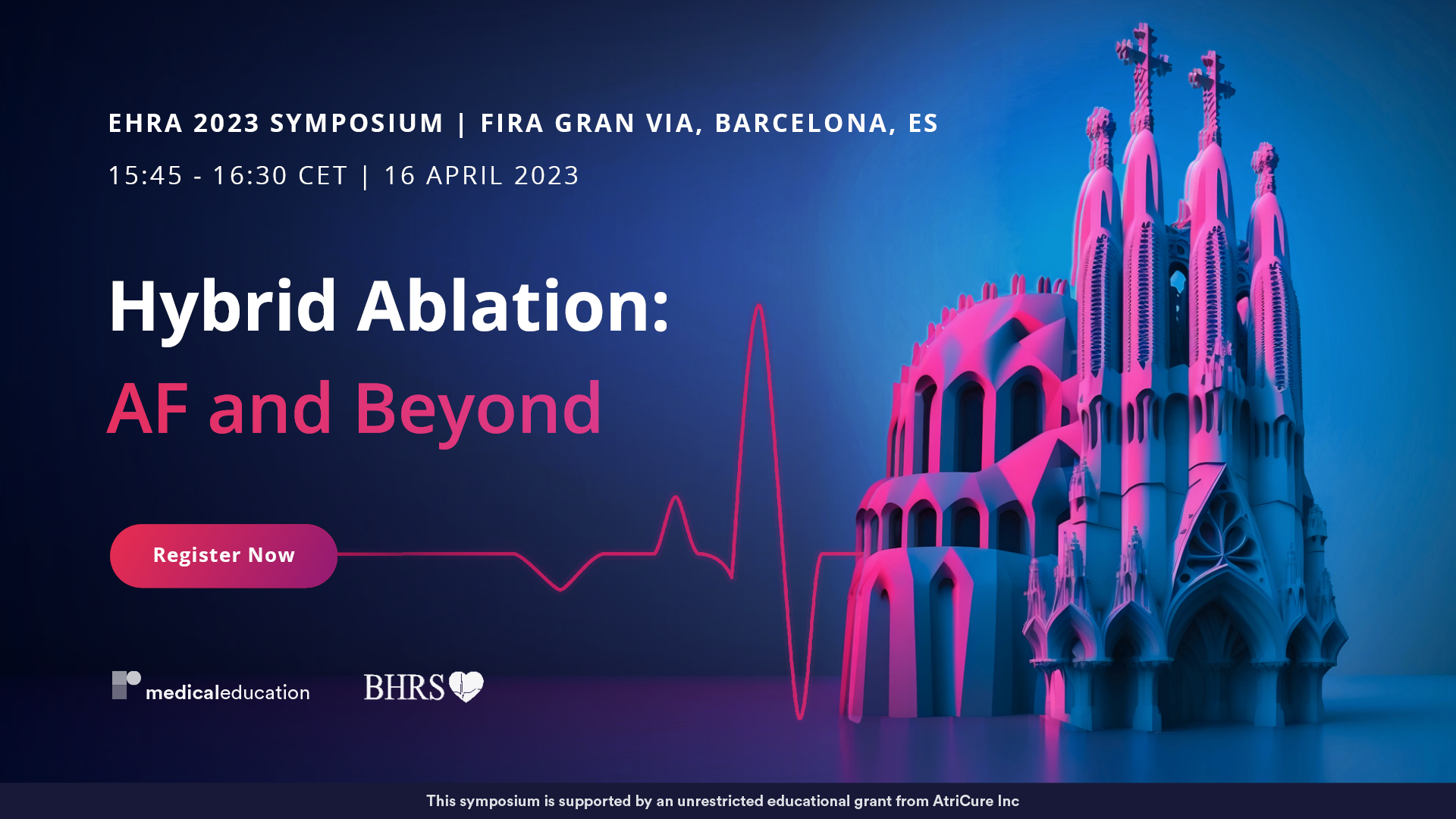Search results
Author(s):
Michael Timothy Brian Pope
,
Timothy Rider Betts
Added:
1 year ago
Author(s):
Tina Baykaner
,
Junaid Zaman
,
Paul J Wang
,
et al
Added:
3 years ago
Treatment of atrial fibrillation (AF) classically focuses on eliminating triggers near and from the pulmonary veins, which may initiate AF. However, the 1–2 year success rate of pulmonary vein isolation (PVI) remains 40–50% for persistent AF1,2 and 50–65% for paroxysmal AF,3–5 while supplementary linear lesions or extensive ablation at electrogram-targets have had disappointing results and may…
View more
Author(s):
Lluis Mont
,
Ivo Roca-Luque
,
Till F Althoff
Added:
2 years ago
Author(s):
Seigo Yamashita
,
Ashok J Shah
,
Saagar Mahida
,
et al
Added:
3 years ago
Catheter ablation therapy has been widely used for rhythm control in patients with atrial fibrillation(AF).1 Since the first report in 1994,2 several interventional techniques have been proposed for AF, including replication of the surgical Maze,2 targeting pulmonary vein (PV) foci,3 segmental ostial and circumferential PV isolation,4,5 ganglionated plexi ablation,6 linear lesions in the left…
View more
Hybrid Ablation – AF and Beyond
Video Series
Author(s):
Stefan Spitzer
Added:
2 years ago
Identify which patient groups are most likely to benefit from Atrial Fibrillation ablation and the optimal time for patient referral in this video with Professor Dr Stefan Spitzer.
Key Learning Objectives:
Which patients are likely to benefit most from ablation
When to refer for ablation
Practical guidance for improving access to ablation for relevant patients
Additional Learning…
View more
ATs After AF Ablation
Author(s):
Yuan Hung
,
Shih-Lin Chang
,
Wei-Shiang Lin
,
et al
Added:
3 years ago
Article
Start date:
Apr 16, 2023
End date:
Apr 16, 2023
At 15:45 CET (9:45 ET) on 16 April at EHRA 2023 in Barcelona, ES, Radcliffe Education is hosting a CME-accredited symposium entitled 'Hybrid Ablation: AF and Beyond'.
Under the expert moderation of Prof Harry Crijns (Maastricht, NL), a leading international faculty comprising Prof Carlo de Asmundis (Brussels, BE), Prof Mark La Meir (Brussels, BE) and Dr Ashley Nisbet (Bristol, UK) will examine…
View more
Author(s):
Rebecca Seidel
Added:
1 year ago
Following the announcement of Medtronic's acquisition of Affera, hereRebecca Seidel, President, Cardiac Ablation Solutions, Medtronic discusses the burden presented by cardiac arrhythmias, the strategic appeal of Affera's portfolio, the perceived real-world benefits of the system, and the remaining challenges for better patient care.
Discussion Points:
1. The prevalence of cardiac…
View more
Author(s):
Ramanan Kumareswaran
,
Francis E Marchlinski
Added:
3 years ago
Ventricular tachycardia (VT) is one of the most challenging medical conditions faced by cardiac patients and physicians treating them. Antiarrhythmic medications have limited effectiveness and are frequently poorly tolerated.1–4 Catheter ablation is increasingly used to treat patients successfully.1,5–7 Most VTs can be ablated endocardially but some require epicardial mapping and ablation…
View more








